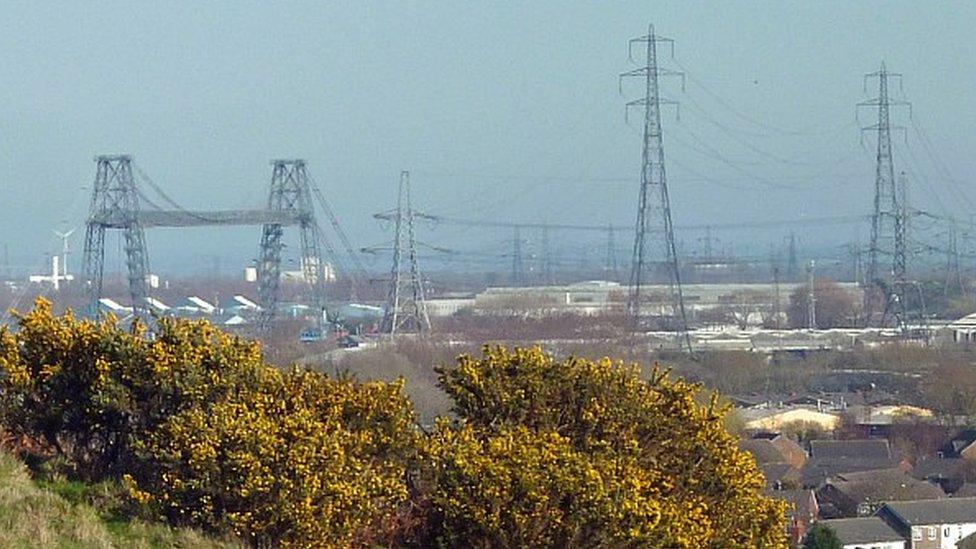Assembly battlegrounds: Beware the unexpected
- Published
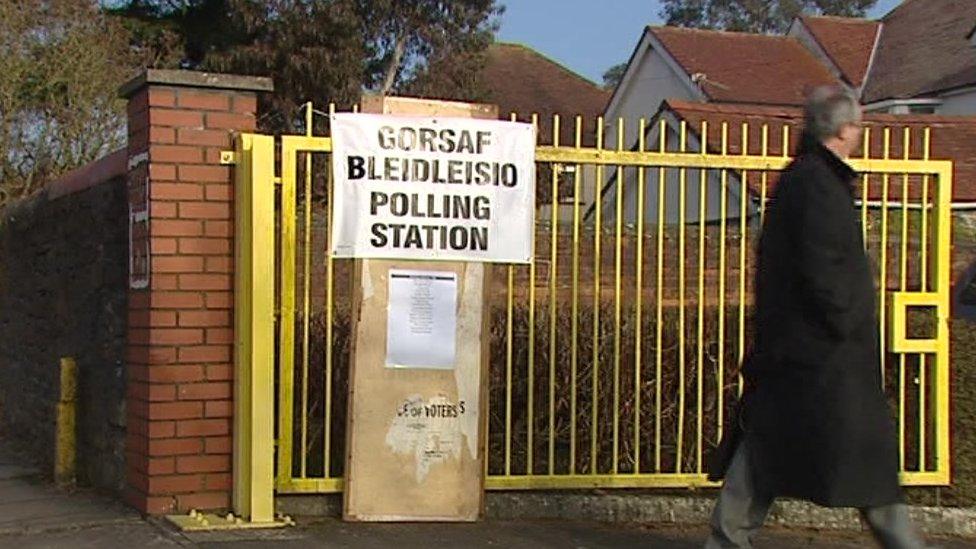
Could this be an election where we see unexpected seats change hands?
Where contests emerge that many people didn't think exist?
At the start of this campaign, we were all thinking that the constituencies that were on the table were basically the constituencies that the Conservatives had won in the general election, and that they don't hold in the assembly.
They are places like the Vale of Clwyd and Gower - Cardiff North and the Vale of Glamorgan.
But I think we're now starting to look at a far broader battlefield.
And the margins now are so tight for Labour, that they've got really no margin for error.
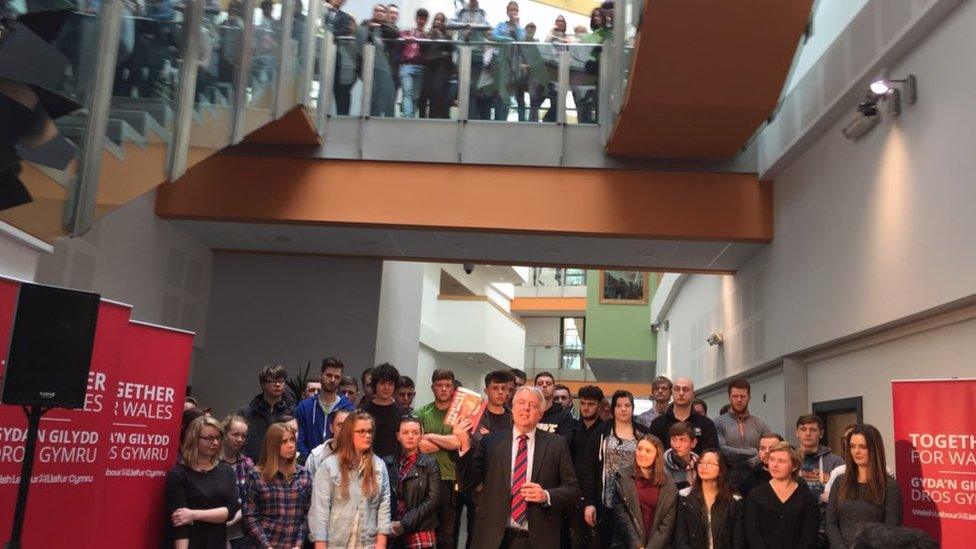
In Wales we have an electoral system that essentially funnels a broad range of popular votes into a very narrow range of seat distributions.
And if Labour gets anywhere between a third and a half of the popular vote, it gets somewhere around half the seats in the assembly.
There has to be a tipping point where that stops, and I think we're now in a position where we could be about to breakout of that straight jacket.
Cast your mind back to the first assembly election, in 1999.
Then Labour got 38% of the constituency vote and they got 28 seats, but they had some startling losses in Rhondda and Islwyn that no one saw coming, including the party that won them, Plaid Cymru.

If the polls are right and Labour is down to 32%, 6% lower than they got in 1999, are we looking at the sort of election where we get those kind of very unexpected results?
This could be exacerbated by Labour's track record in assembly elections of underperforming compared to their opinion polling.
If they were three or four per cent lower than where they are in this week's poll, that puts them at 28%.
That's real danger territory for Labour.
We're heading for an incredibly unpredictable election if Labour drop from where the polling suggests they are.
Around 33% in the constituencies is about as low as they could go, without running the danger of what happened to them in a set of local elections in 2008.
Then, Labour lost to anyone. In 22 councils in Wales there was only a Labour majority in two of them.
You could put a sheepdog up, and if wasn't Labour it would beat the Labour candidate - and that's the danger at the moment.

All this doesn't mean that a huge pile of seats will change hands, but I think it means they might do.
Take for instance, Vale of Clwyd.
We've been looking at that as a Labour-Conservative marginal.
In some assembly elections that seat has been very close three ways - should we be looking at as a possible three way marginal with Plaid in the running too?
It could be to the benefit of all the opposition parties. If one opposition party wins a constituency seat, it's often good news for one of the others as they get an additional list seat.
What other seats might be in play?
Well, there's a set of seats in north east Wales.
We're slightly thrown by the fact that the Conservatives aren't doing particularly well either, but the Conservatives aren't proportionally down as much as Labour.
So in some ways we're talking about some of the more traditional marginals - you're looking at the Swansea Wests, Newport Wests of this world.
I think we're also close to seeing some really surprising results in some of the Valleys constituencies, particularly if Labour are unable to get their vote out.
Travelling around the south Wales valleys you see a lot of Labour placards and posters - something you don't normally see and something that suggests Labour realise they have a job of work to do to get their vote out.
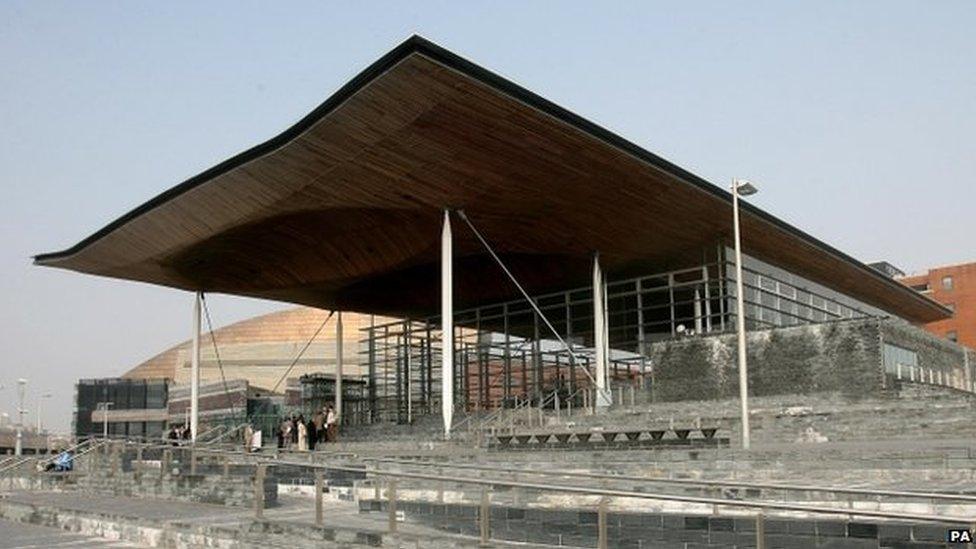
The real nightmare for Labour is that particular opposition parties in different places start being able to concentrate the anti-Labour vote behind one particular candidate.
Labour strategists will be aware that this is a possibility, and that their margin of comfort in the polls is thin.
- Published19 April 2016
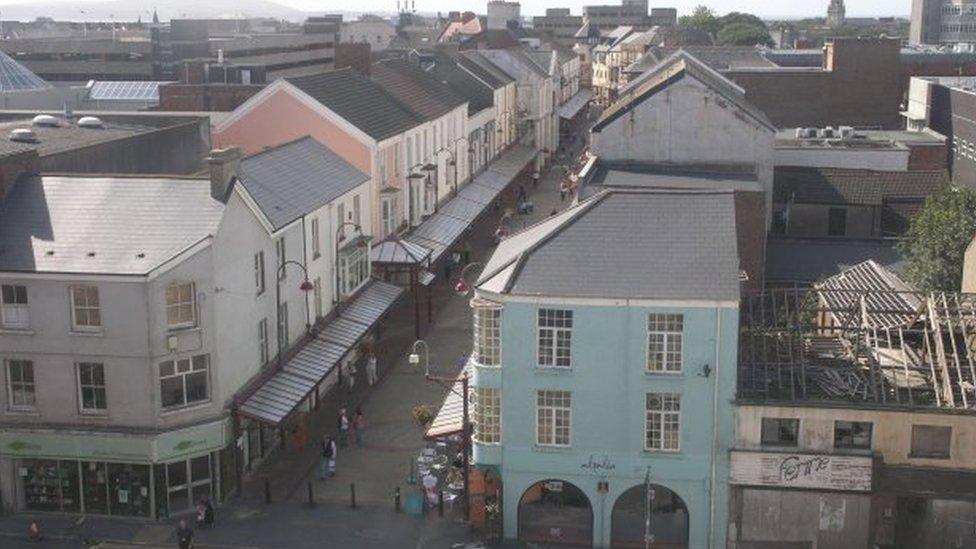
- Published22 April 2016
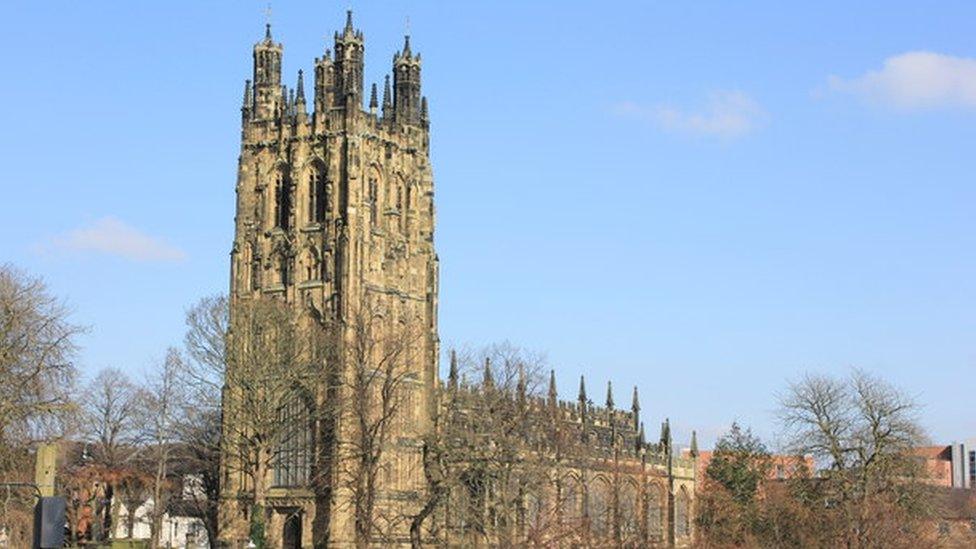
- Published25 April 2016
